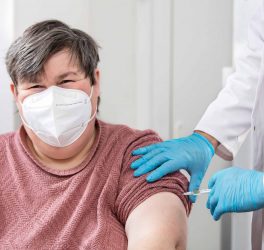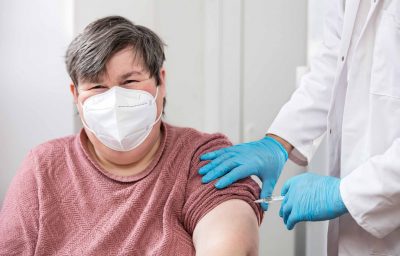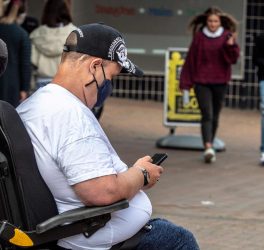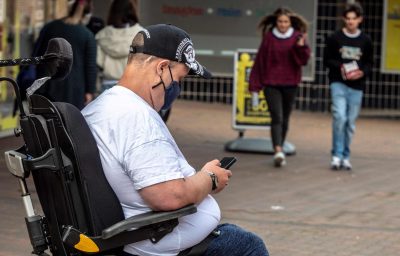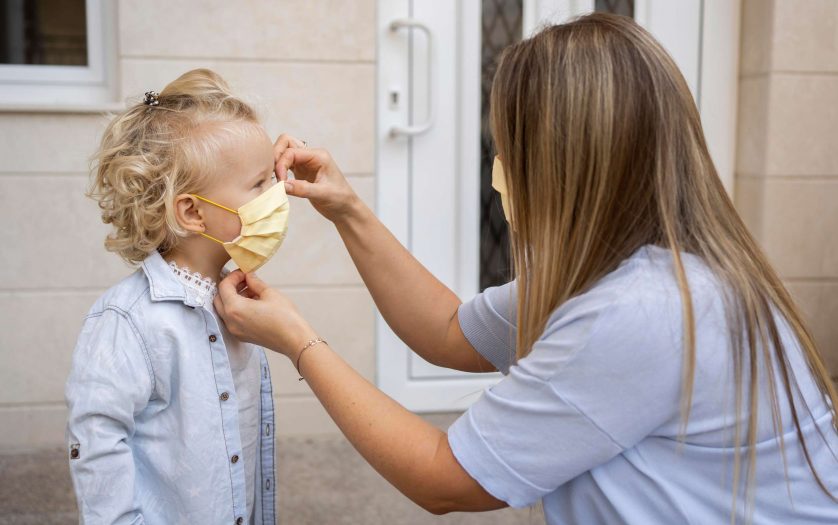
Ofsted has published its second report on the effects of the COVID-19 pandemic across the sectors it inspects and regulates.
The report in a series looking at the effects of the COVID-19 pandemic across the sectors it inspects and regulates, from early years and children’s social care, through to post 16 education.
The report finds that some children, of all ages and backgrounds, have lost some basic skills and learning as a result of school closures and restrictions on movement.
Ofsted carried out more than 900 visits to education and social care providers during September and October. These visits are not judgemental and do not result in an inspection grade. Instead, they are a way for inspectors to hear how providers are coping with this challenging start to the new academic year. Overwhelmingly, leaders and managers have said they find the visits helpful and constructive.
5 reports have been published from the visits, reflecting on the experiences of leaders working in schools, further education and skills, early years, social care and special education needs and/or disability (SEND).
Inspectors found children’s experiences weren’t necessarily determined by privilege or deprivation. Rather, those who are coping well have good support structures around them and have benefited from quality time spent with families and carers. This includes children from all backgrounds, including those within the care system, some of whom who saw relationships with carers improve.
However, among children who were greatly impacted by school closures and other restrictions, basic skills and learning have regressed. For example, some young children whose parents were unable to work more flexibly, and who experienced less time with parents and other children, have lapsed back into nappies, while others have forgotten how to eat with a knife and fork, or lost their early progress in numbers and words.
Among older children, inspectors heard that many now lack stamina in reading and writing; some have lost physical fitness; and others are showing signs of mental distress, manifesting in an increase in eating disorders and self-harm.
Across all age groups, children with SEND have been seriously affected in both their care and education, as the services that families relied on – particularly speech and language services – were unavailable.
Inspectors found that senior leaders across the board are working more intensively than ever and showing remarkable resilience. However, leaders across education and social care expressed their concerns over budgets. Covering for staff absences and maintaining enhanced cleaning regimes are pushing up costs in schools and children’s homes. These concerns are compounded in early years and further education by worries over income streams.

